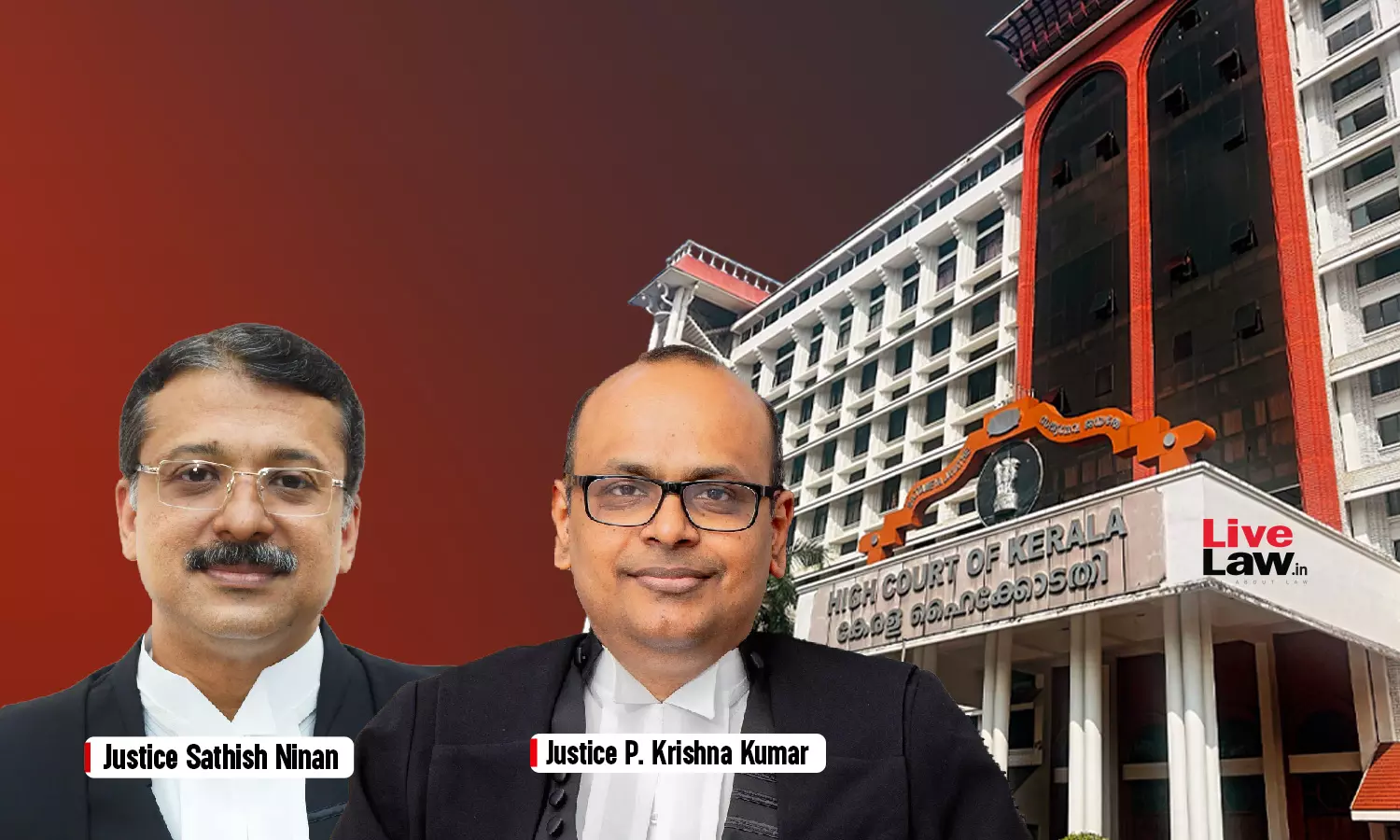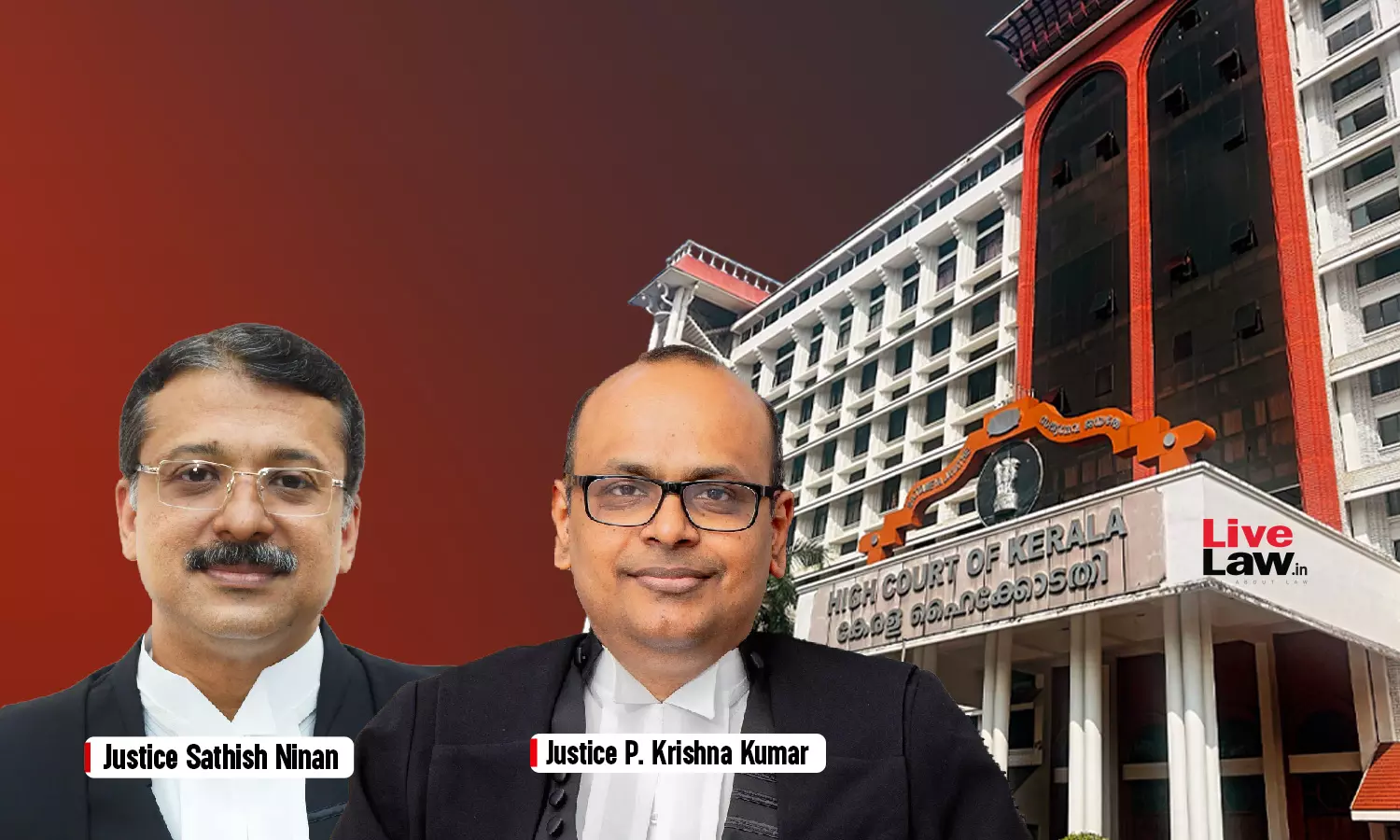Wife Of Deceased Nephew Not ‘Relative’, Need Not Maintain Senior Citizen Merely Because She Inherited Latter’s Property: Kerala High Court


The Kerala High Court has ruled that a person cannot be compelled to maintain a childless senior citizen under the Maintenance and Welfare of Parents and Senior Citizens Act, 2007, unless they are a legal heir of the senior citizen as defined under personal law.
The division bench comprising Justice Sathish Ninan and Justice P. Krishna andr delivered the judgment while allowing a writ appeal where the orders from the Maintenance Tribunal and the Appellate Tribunal directing the petitioner to support her husband’s aunt was challenged.
The case arose after the third respondent, an unmarried and issueless senior citizen, gifted her property in 1992 to her nephew — petitioner’s late husband. Upon his death in 2008, the property devolved to the Petitioner. The senior citizen approached the Tribunal claiming maintenance from her under Section 4(4) of the Act.
The single judge had earlier held that anyone in possession of, or set to inherit, a senior citizen’s property could be treated as a “relative” under the Act and thus be liable for maintenance.
Overturning that view, the High Court clarified that the statutory definition of “relative” under Section 2(g) requires the person to be a legal heir of the childless senior citizen under applicable personal law, in addition to being in possession of or inheriting the property.
“The first condition to be satisfied is that he must be a person in the class/group of legal heirs of the senior citizen. A ‘legal heir’ is a person who, under the personal law, is entitled to inherit the estate of the deceased. The classes of persons who are legal heirs are as specified in the personal law of the parties. So, the first condition is that the person must be a legal heir of the senior citizen under his personal law. The other conditions are that such legal heir must be in possession of the property of the senior citizen or would be entitled to inherit his property. It is only on satisfaction of the above conditions that a person would be a “relative” of the senior citizen,” Court observed.
The Court further held that the mere possession of property, without the legal heir status, is insufficient.
“A person who is not a legal heir of the senior citizen cannot be a ‘relative’ under the Act merely for the reason that he is in possession of the property of the senior citizen or would inherit his property,” Court added.
Since the petitioner, under the Indian Succession Act, was not a legal heir to the senior citizen, the Court held she could not be brought within the ambit of the Act’s maintenance provisions.
“In the case at hand, admittedly, the appellant is not a legal heir of the senior citizen under the Indian Succession Act, which is applicable to the parties. The mere fact that she succeeded to the property of her husband and that the said property was gifted to him by the third respondent, would not make her a ‘relative’ within the purview of the Act. The appellant, being not the ‘relative’ as defined under the Act, and the obligation to maintain the senior citizen in terms of Section 4(4) being upon a relative, such obligation cannot be cast upon her,” Court said.
The bench allowed the appeal by quashing the Tribunal’s orders but left open the senior citizen’s right to pursue remedies under other legal provisions, including possible claims for breach of the gift deed’s conditions.
Case Title – S Sheeja v Maintenance Appellate Tribunal and Ors.
Citation – 2025 LiveLaw (Ker) 490
Case No – WA 1301/ 2019
Counsel for Petitioner – R T Pradeep, M Bindudas, K C Harish
Counsel For Respondent – S Sujini
